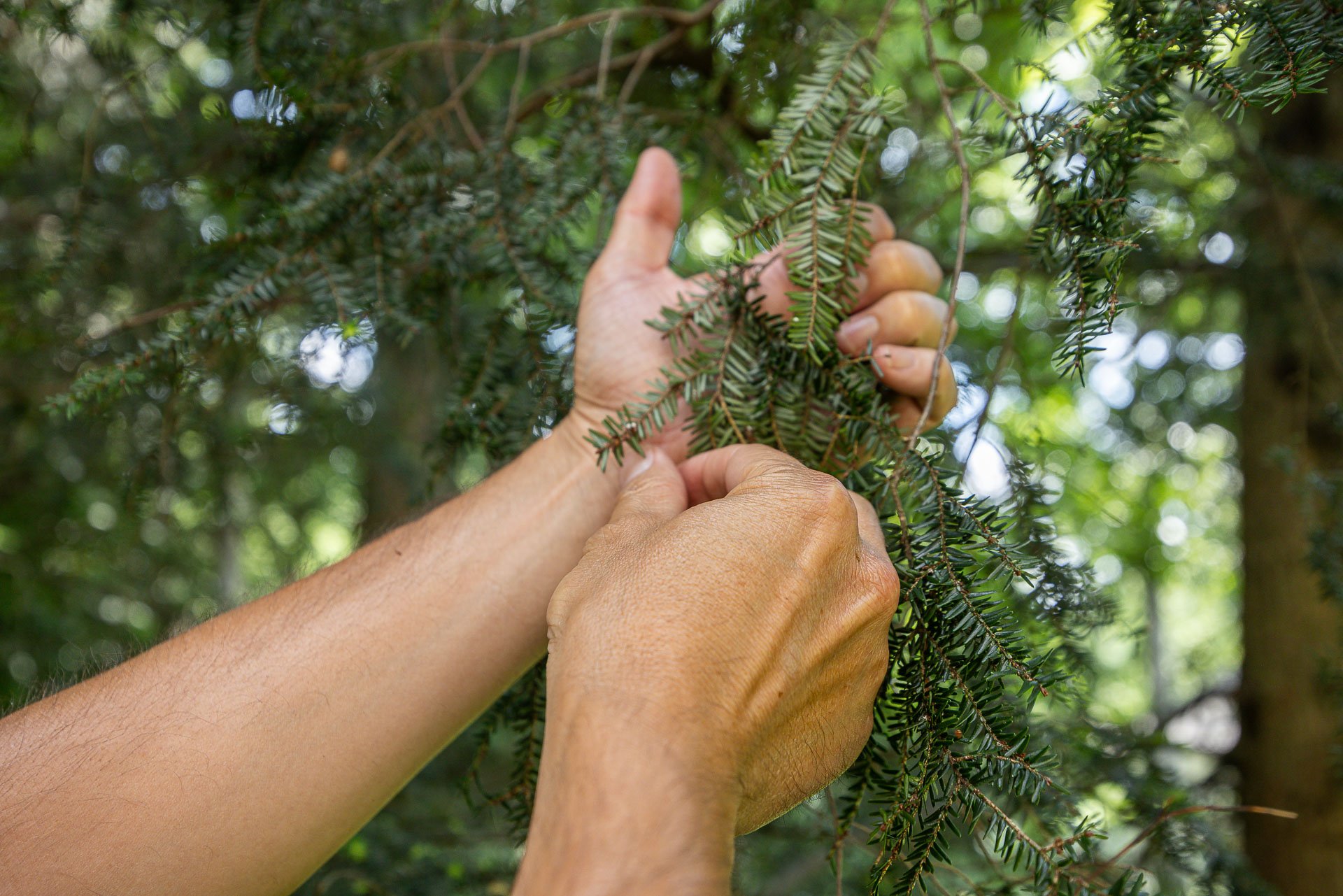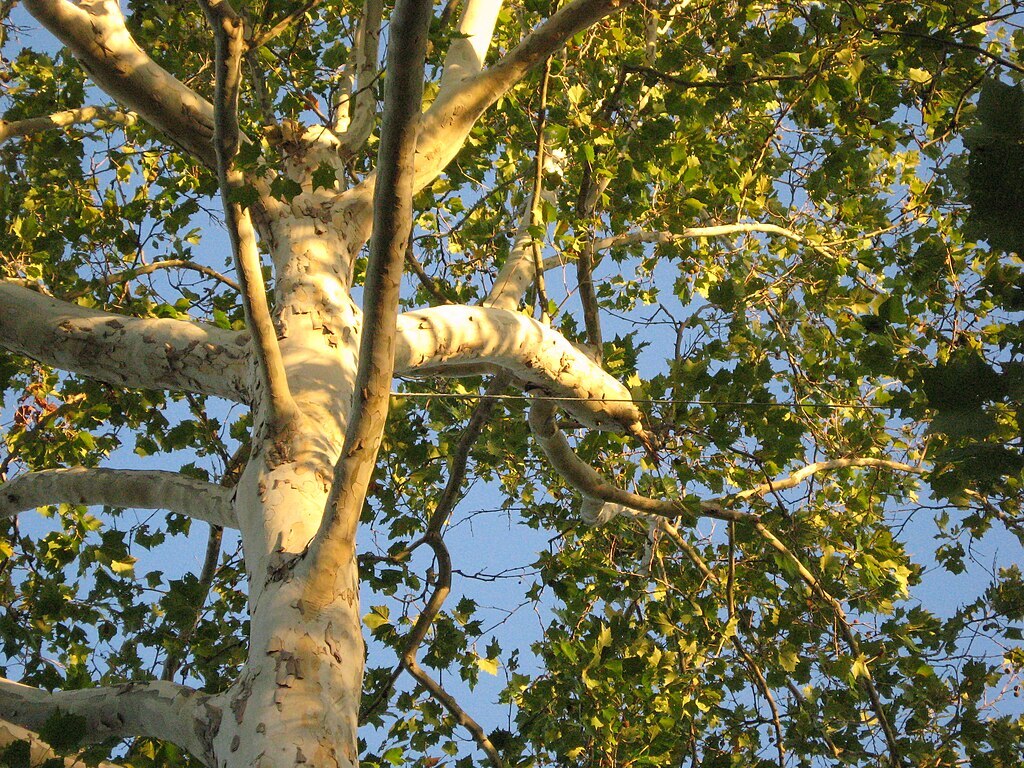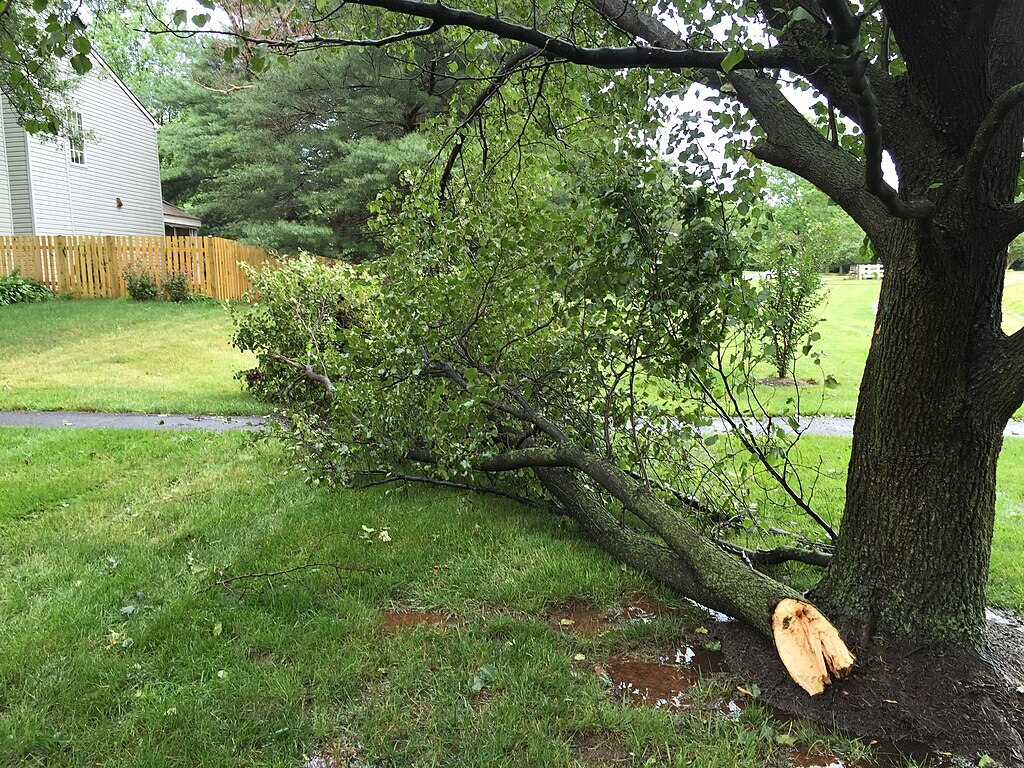Lawn & Tree Care Tips from the Good’s Team
Your go-to hub for seasonal lawn care, tree health tips, and pest prevention — so South Central PA homeowners can enjoy their yards without the stress.

Anti-Dessicant Sprays: Winter Protection in South Central Pennsylvania
Does your skin ever become dry and chapped in the wintertime due to the cold and lack of...

Tree Cabling and Bracing: When, Why, and How to Do It Right in South Central PA
Do your trees have long overextended limbs or visible cracks? Are they leaning just a...

7 Questions to Ask Before Hiring a Tree Care Service in South Central Pennsylvania
Choosing a tree care company in South Central Pennsylvania can be a challenge, but...

What Should a Professional Lawn Care Program Include for South Central PA?
Are you wanting to improve your lawn but feeling unsure about what it really needs to...

The Ultimate Lawn Care Guide for Central Pennsylvania
A good lawn doesn’t simply happen by chance.
A healthy, lush lawn is the result of...

Dormant Pruning Guide for South Central PA Homeowners
Do your trees look like they need a little TLC, but you’re worried that anything you do...

How to Handle a Storm Damaged Tree in South Central Pennsylvania
If a storm causes a tree on your property to crack under pressure, do you have a solid...

5 Big Reasons to Remove The Tree Stump in Your Yard
When it comes to tree removal, cutting corners by leaving behind the stump or trying to...

5 Tips for Winter Lawn Care in South Central PA
As the saying goes, “winter is coming,” and this year is no exception.
.png?width=429&height=204&name=Goods%20Tree%20Care%20Logo%202%20(2).png)
.png?width=300&height=143&name=Goods%20Tree%20Care%20Logo%202%20(2).png)